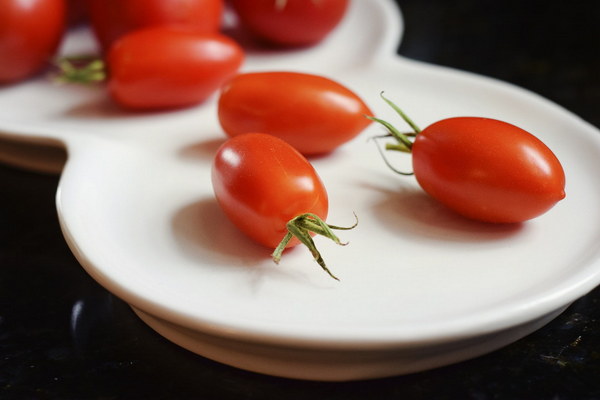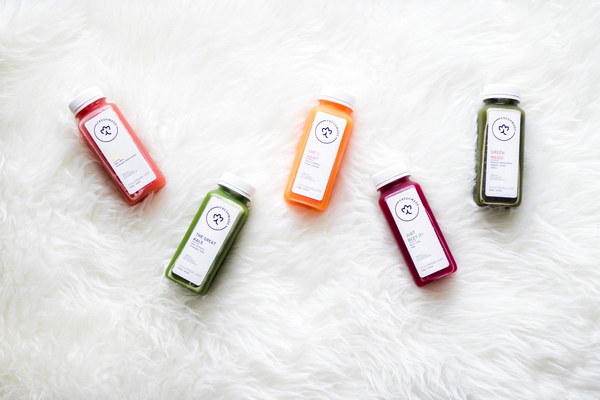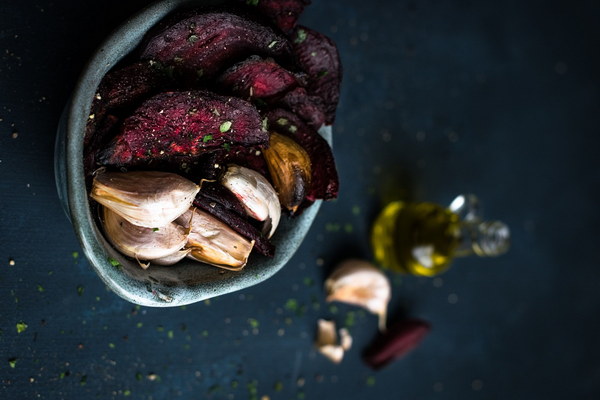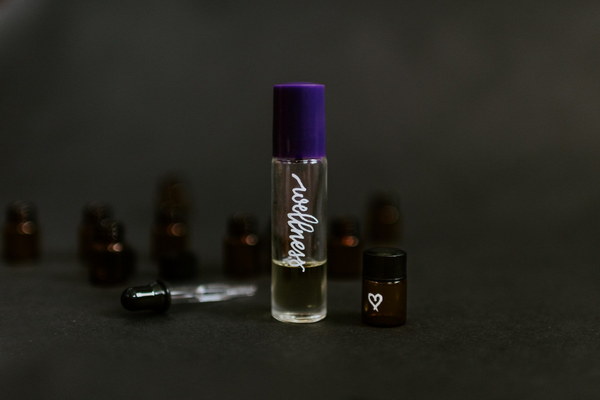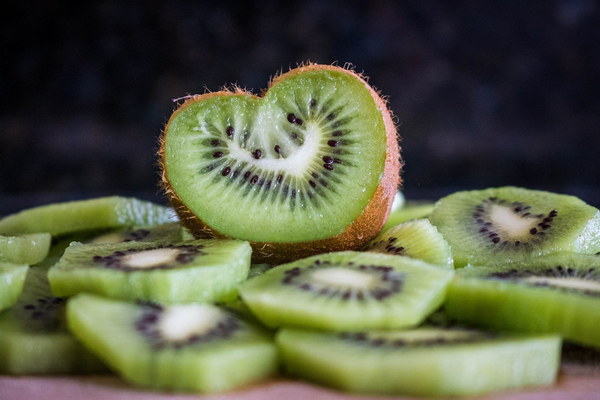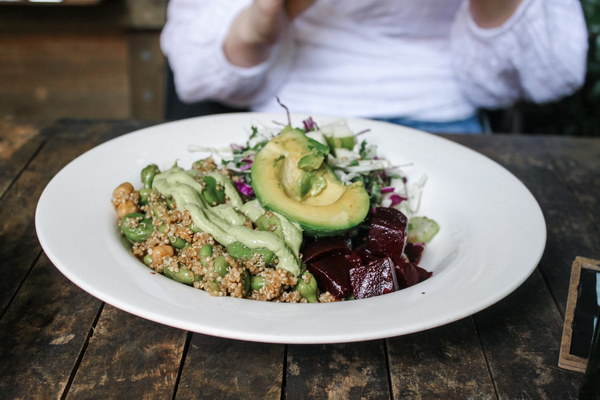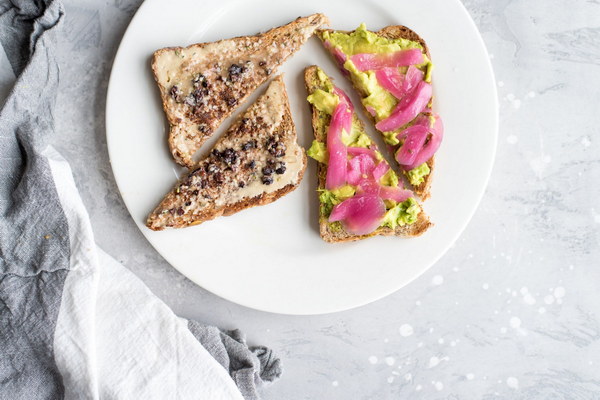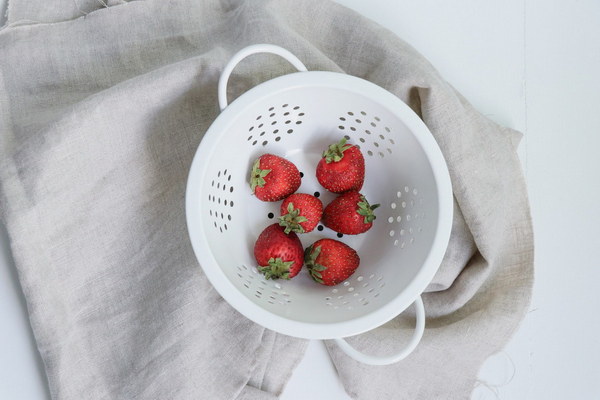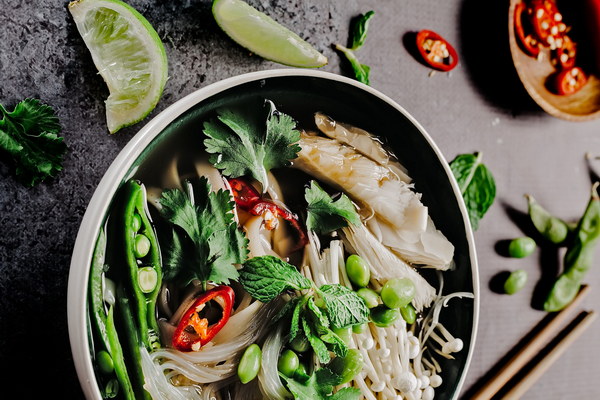Eczema Soothing Discover the Power of Moisture-Lowering Foods
Eczema, also known as atopic dermatitis, is a common skin condition that causes inflammation, redness, and itching. While there's no one-size-fits-all solution for managing eczema, certain dietary adjustments can help alleviate symptoms and improve overall skin health. One such approach is incorporating moisture-lowering foods into your diet, which can help reduce the excess moisture that often contributes to eczema flare-ups. In this article, we will explore the benefits of moisture-lowering foods for eczema and provide you with a list of foods to consider adding to your meal plan.
The Importance of Moisture-Lowering Foods
Eczema is often characterized by an overactive immune response, leading to inflammation and increased moisture production in the skin. This excess moisture can create a breeding ground for bacteria and fungi, exacerbating eczema symptoms. By reducing moisture levels, you can help calm the skin and potentially prevent flare-ups.
Moisture-lowering foods work by promoting diuretic effects, which increase urine production and help eliminate excess fluid from the body. Additionally, these foods can aid in reducing inflammation and improving gut health, which is crucial for managing eczema.
Top Moisture-Lowering Foods for Eczema
1. Watermelon
Watermelon is a hydrating fruit that also has a diuretic effect. Its high water content and low-sodium content make it an excellent choice for reducing fluid retention and minimizing eczema symptoms.
2. Cucumber
Cucumbers are rich in water and contain compounds that have anti-inflammatory properties. They can help alleviate eczema symptoms by reducing inflammation and promoting hydration.
3. Parsley
Parsley is a natural diuretic and can aid in flushing out excess fluids from the body. It also contains antioxidants that can help protect the skin from damage caused by free radicals.
4. Garlic
Garlic is a powerful anti-inflammatory food that can help reduce inflammation associated with eczema. It also has antimicrobial properties, which can help prevent infections that may worsen eczema symptoms.
5. Green Tea
Green tea is rich in antioxidants and has anti-inflammatory properties. It can help reduce inflammation and improve gut health, which is beneficial for managing eczema.
6. Coffee
Coffee is a natural diuretic and can help increase urine production, thereby reducing fluid retention. However, it's important to consume coffee in moderation, as excessive caffeine intake can lead to dehydration and other side effects.
7. Lemon
Lemon is a natural diuretic and can help flush out excess fluids from the body. It also contains vitamin C, which is essential for skin health and can help strengthen the skin barrier.
8. Artichoke
Artichokes are a good source of fiber, which can help improve gut health and reduce inflammation. They also have diuretic properties, making them an excellent choice for managing eczema symptoms.
9. Asparagus
Asparagus is a natural diuretic and can help eliminate excess fluids from the body. It also contains antioxidants and anti-inflammatory compounds that can help reduce eczema symptoms.

10. Carrots
Carrots are rich in beta-carotene, which can help improve skin health and strengthen the skin barrier. They also have diuretic properties, making them an excellent choice for managing eczema symptoms.
Incorporating Moisture-Lowering Foods into Your Diet
To incorporate moisture-lowering foods into your diet, start by gradually adding these foods to your meals. Focus on incorporating a variety of foods to ensure a balanced intake of nutrients. Here are some tips for integrating these foods into your daily meals:
- Add watermelon and cucumber slices to your breakfast smoothie.
- Use parsley as a garnish for your salads or incorporate it into your cooking.
- Add garlic to your meals for flavor and health benefits.
- Enjoy a cup of green tea or coffee with your meals, but be mindful of your caffeine intake.
- Squeeze lemon juice over your salads or incorporate lemon into your cooking.
- Prepare artichoke and asparagus as a side dish or add them to your main course.
- Snack on carrots or add them to your soups and stews.
While incorporating moisture-lowering foods into your diet can be beneficial for managing eczema symptoms, it's essential to consult with a healthcare professional before making any significant dietary changes. Additionally, maintaining a healthy lifestyle, including proper skincare and stress management, is crucial for effectively managing eczema.

